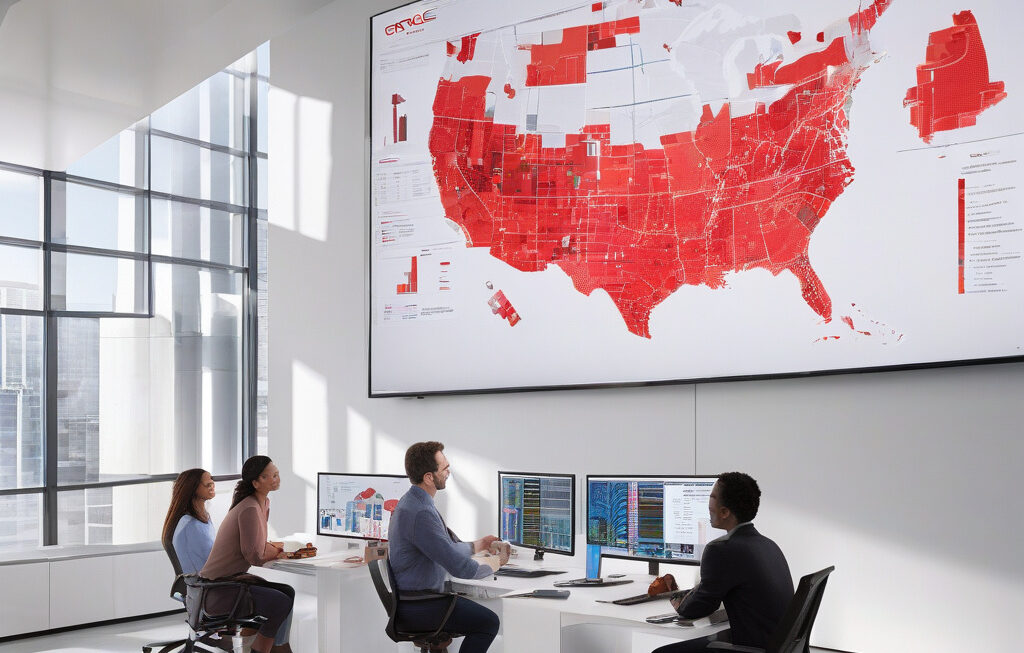Trump’s Threat to Human Rights in Fashion’s Factories
As the fashion industry continues to thrive on a global scale, the spotlight is often on the glitz and glamour of runways and red carpets. However, behind the scenes lies a darker reality – one where human rights violations run rampant in the factories that produce the clothes we wear. The recent dramatic cuts to US foreign development spending are now exacerbating this issue, kneecapping the fragile network of civil society organizations and nonprofits that work tirelessly to defend workers in the industry’s global supply chains.
For years, fashion brands have come under fire for their reliance on sweatshop labor, where workers – often in developing countries – toil away in dangerous conditions for meager pay. Organizations dedicated to advocating for these workers, ensuring fair wages and safe working environments, have played a crucial role in bringing these atrocities to light and holding brands accountable for their actions. However, with the recent cuts to foreign development spending under the Trump administration, these organizations are facing unprecedented challenges in their mission to protect human rights in the fashion industry.
The impact of these funding cuts is far-reaching. Civil society organizations that once had the resources to conduct investigations, advocate for policy changes, and provide support to workers are now struggling to stay afloat. As a result, the already vulnerable workers in fashion’s factories are left even more exposed to exploitation and abuse. Without the necessary funding and support, the progress that has been made in improving working conditions and advancing human rights in the industry is at risk of being undone.
One of the key areas affected by these cuts is the monitoring of supply chains. Organizations rely on funding to conduct regular audits of factories to ensure compliance with labor laws and ethical standards. Without this crucial oversight, brands are less accountable for the conditions in which their clothes are made, creating a breeding ground for human rights abuses to go unchecked.
Moreover, advocacy efforts to push for legislative changes that protect workers’ rights are also being hampered by the lack of resources. Civil society organizations play a vital role in lobbying for policy reforms that hold brands accountable for their supply chains. However, with funding on the decline, these efforts are losing momentum, leaving workers at the mercy of unscrupulous employers.
The implications of these cuts extend beyond the factory walls. They send a dangerous message to the fashion industry and beyond that human rights are a negotiable commodity. By deprioritizing foreign development spending, the Trump administration is effectively turning a blind eye to the suffering of workers who produce the clothes that line our stores and closets.
In the face of these challenges, it is more important than ever for stakeholders in the fashion industry to take a stand against human rights abuses. Brands must step up and take responsibility for their supply chains, ensuring that workers are treated fairly and with dignity. Consumers also have a role to play by demanding transparency and accountability from the brands they support.
The fight for human rights in fashion’s factories is far from over, but with collective action and a commitment to justice, real change is possible. The recent cuts to foreign development spending may present a setback, but they should serve as a rallying cry for all those who believe in a more ethical and sustainable fashion industry.
#FashionIndustry, #HumanRights, #USForeignPolicy, #SupplyChainTransparency, #EthicalFashion












